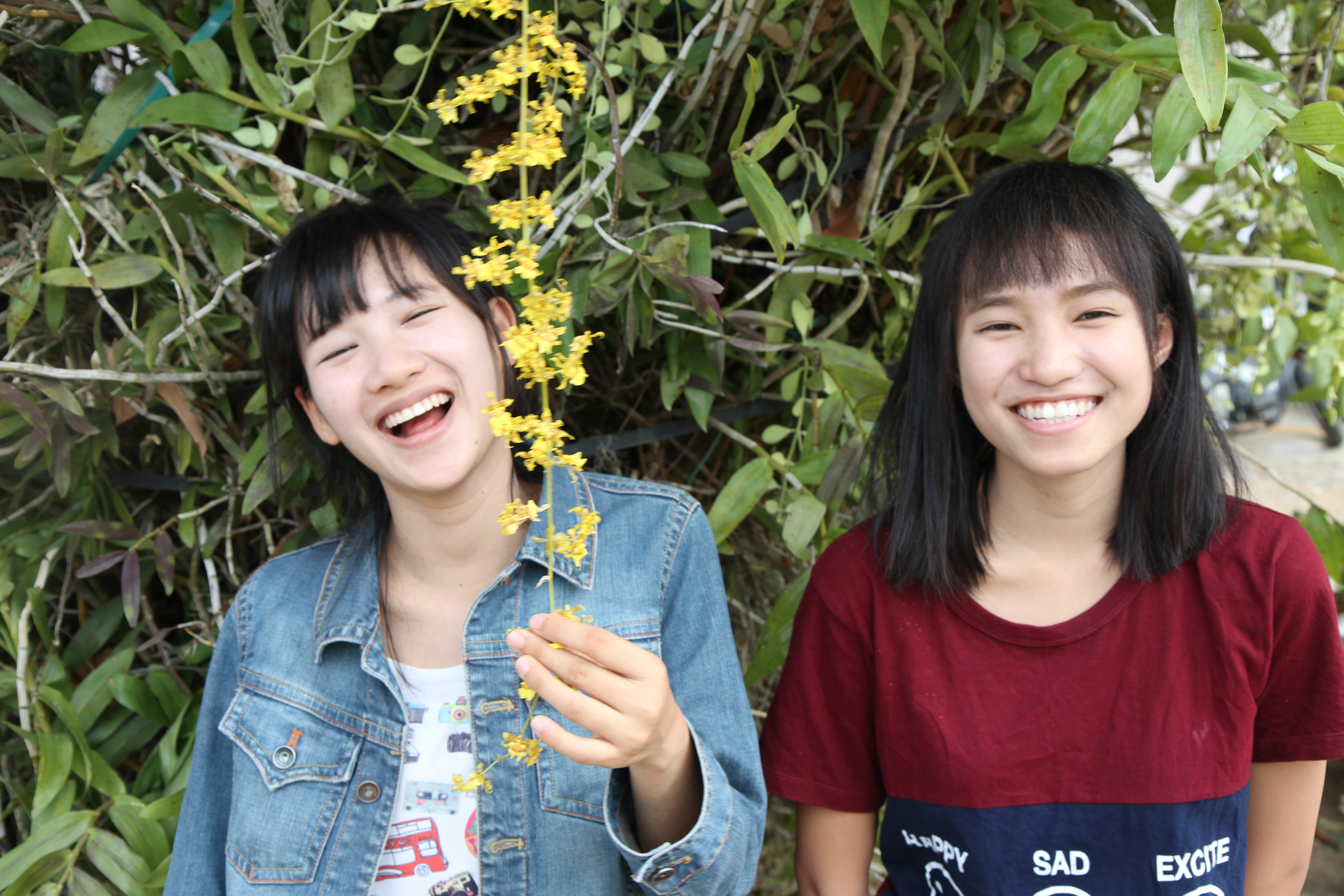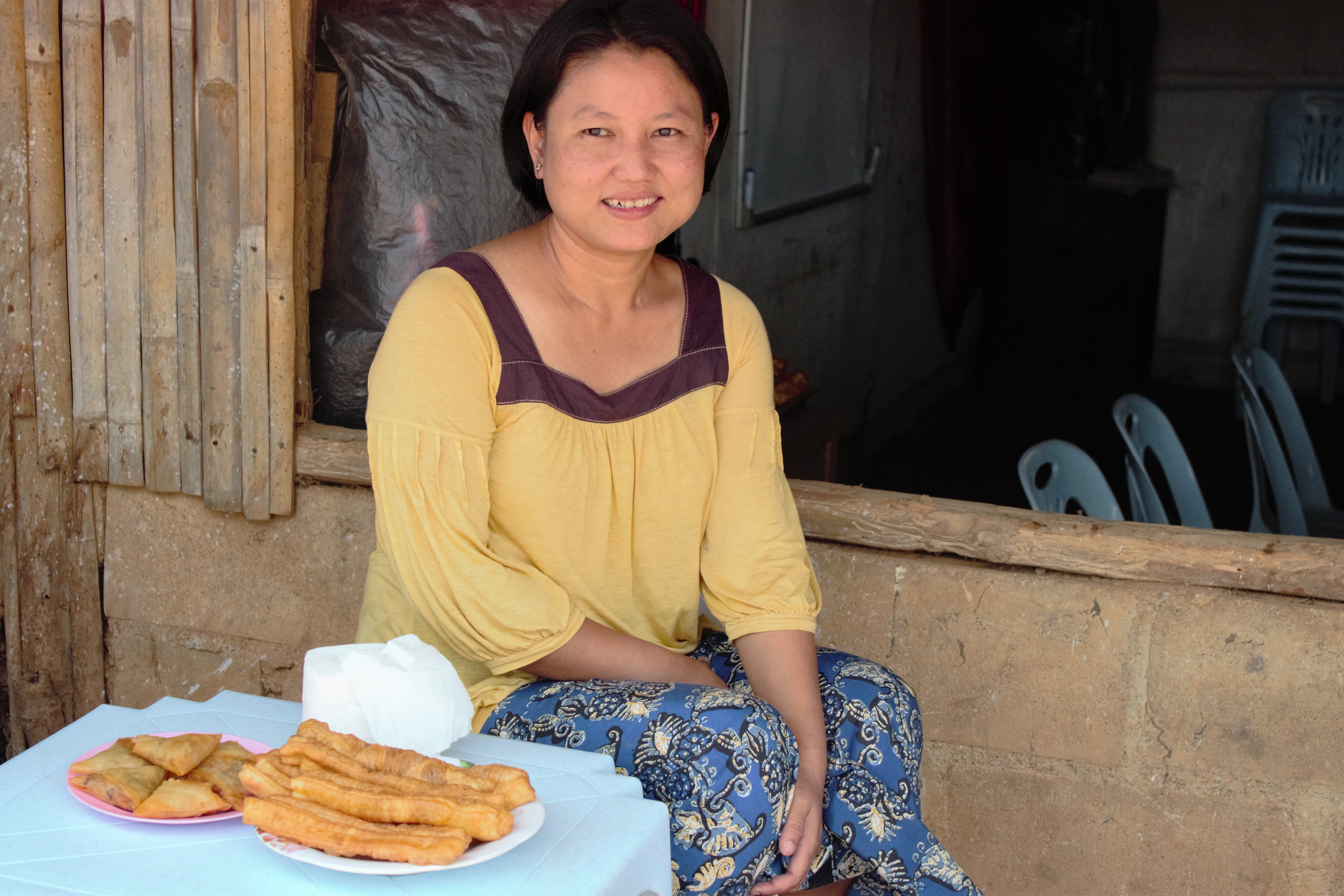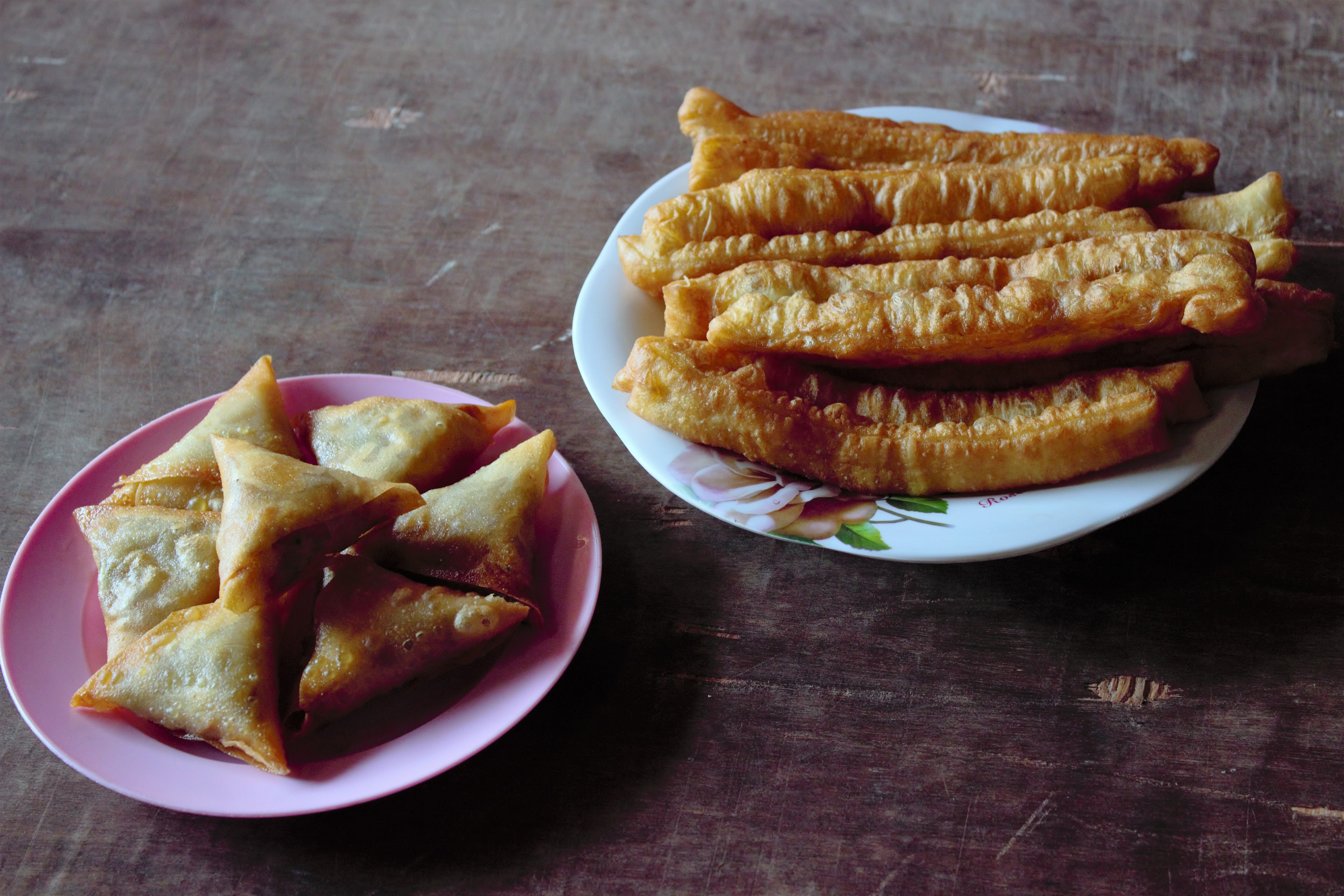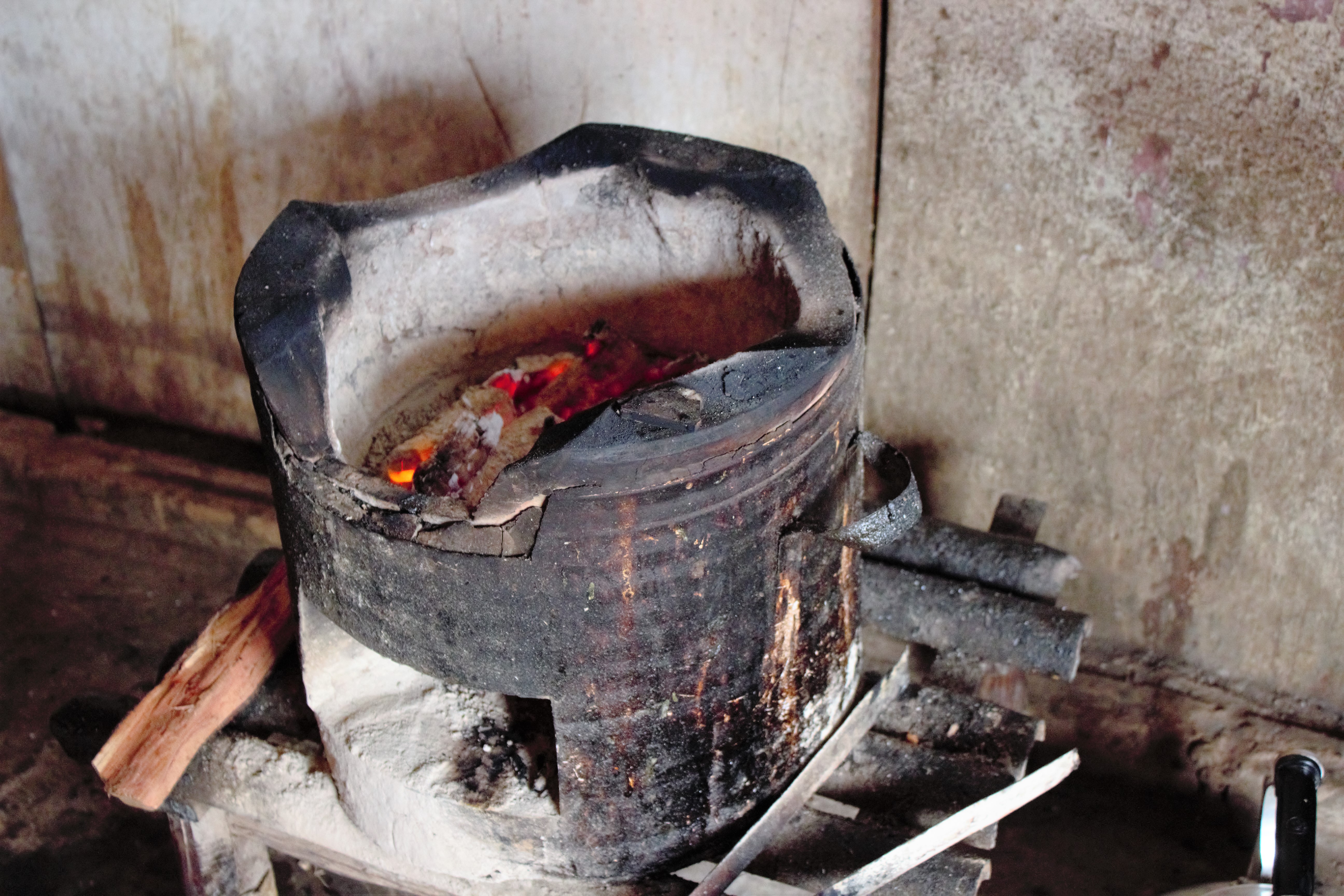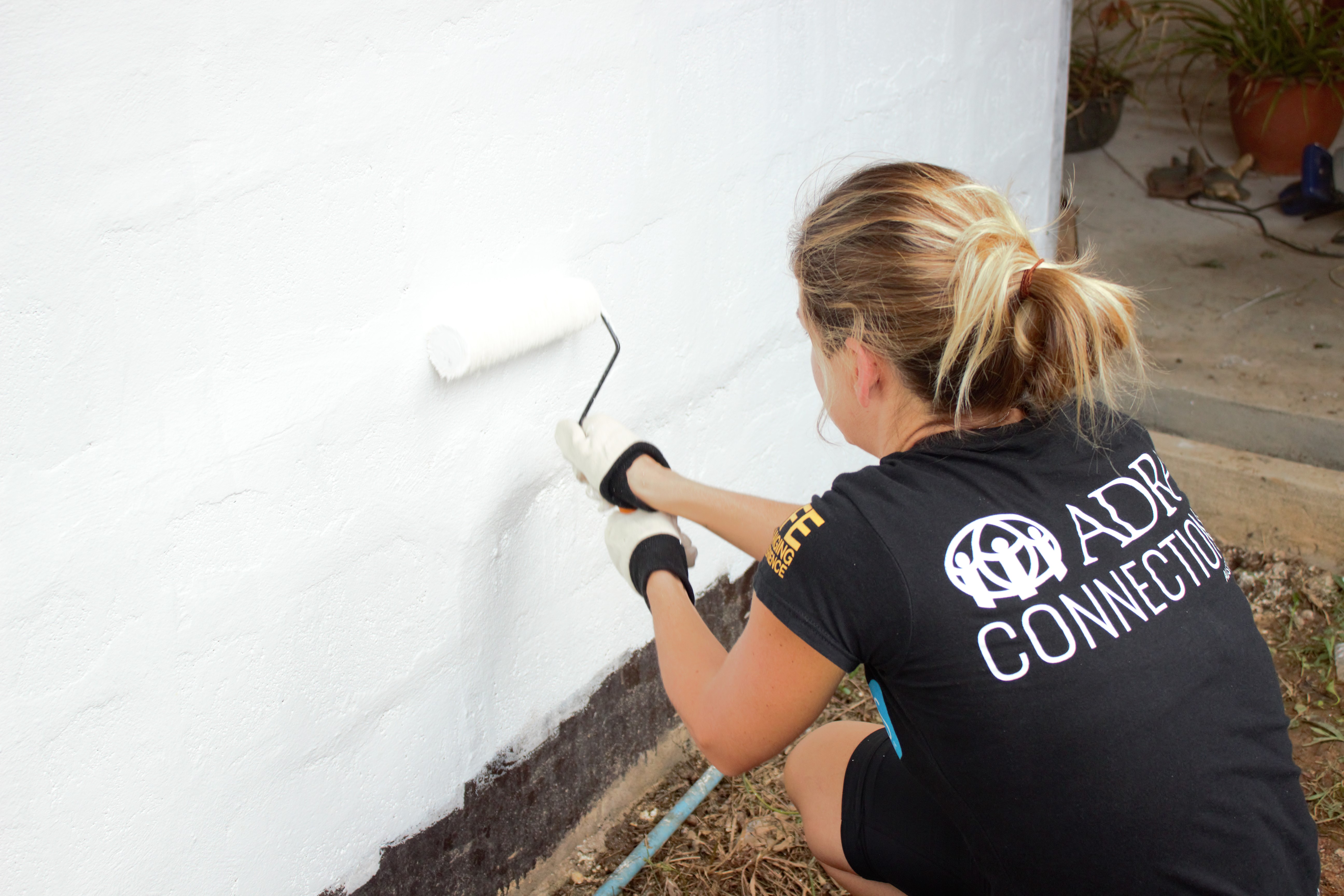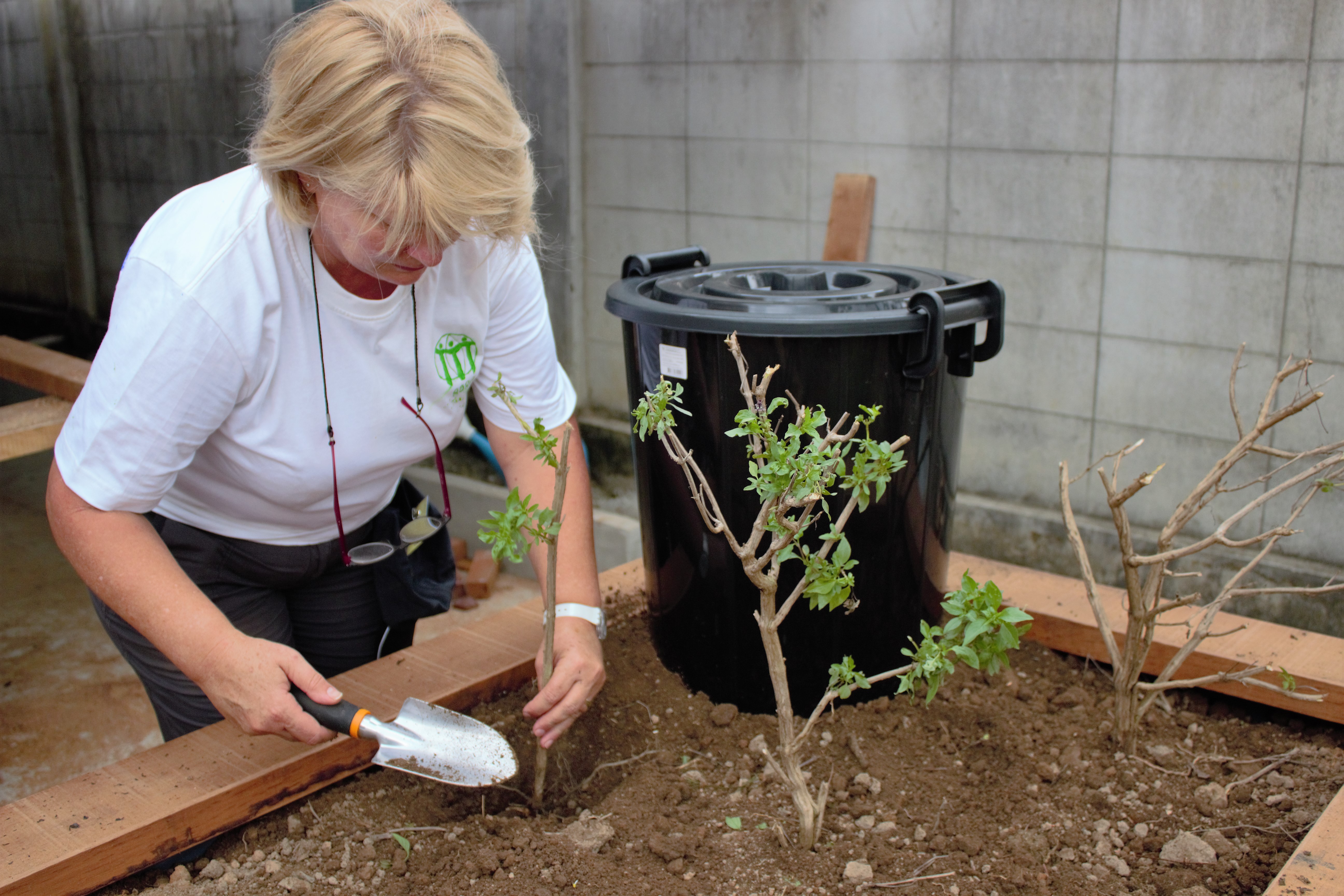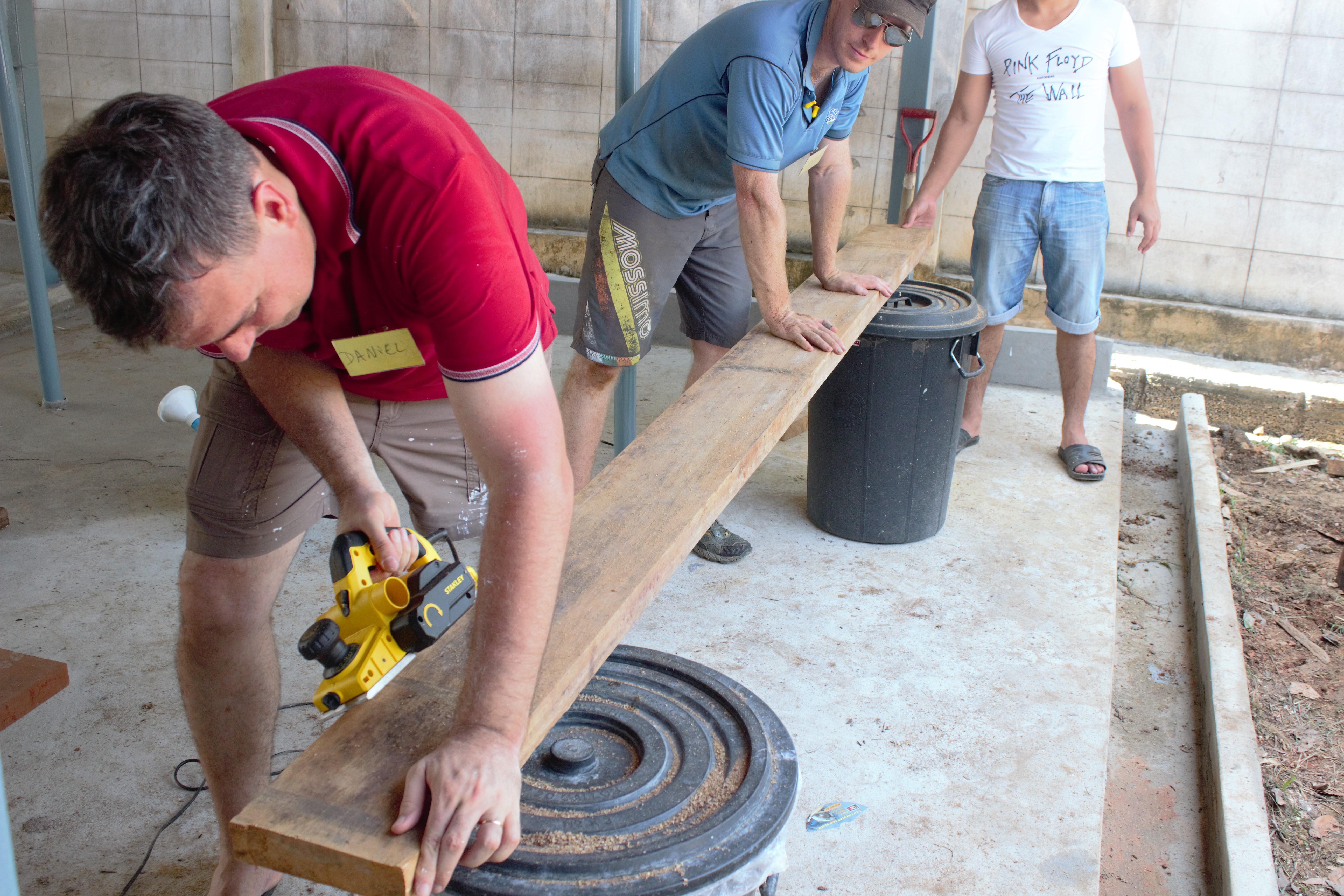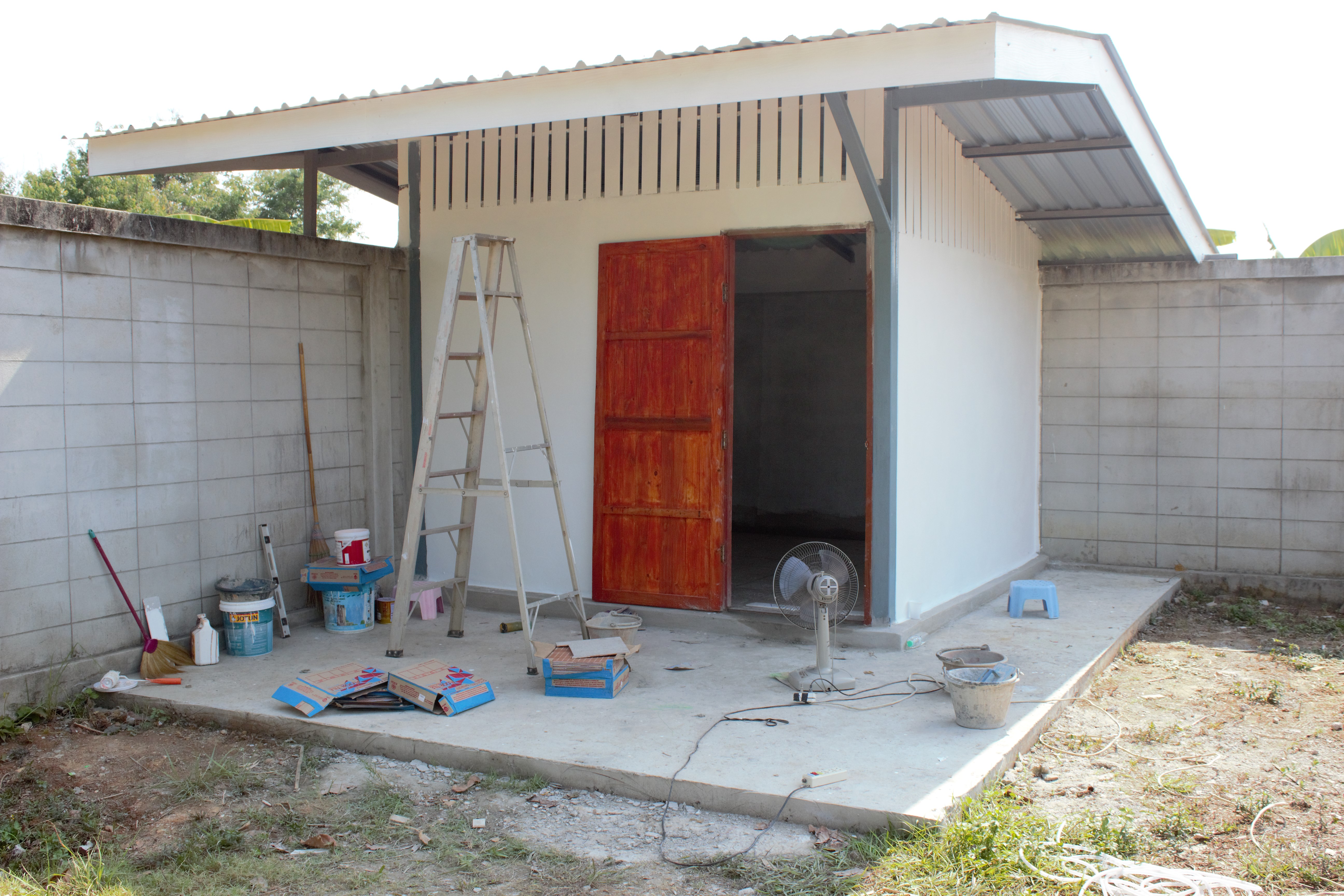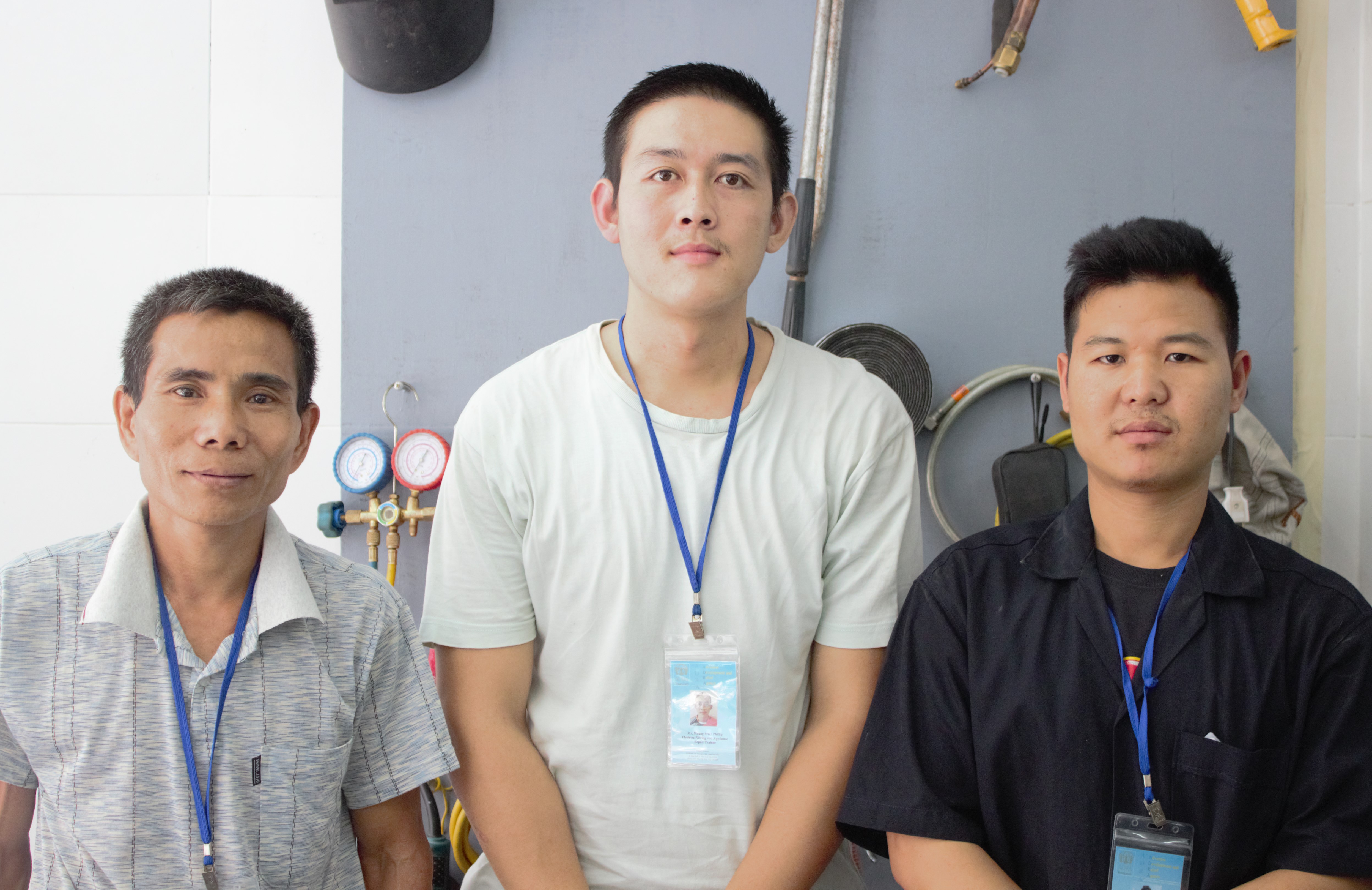
Electrical Interns
Electrical Interns
In a recent interview we caught up with some Interns at an Electrical store in Mae Sot. Here they have been learning to fix equipment and the basics of customer service.
The shop is currently offering three refugees a placement in their storefront. These men were forced to leave their homes from varying degrees of violence and hostility in their respective states or followed their families as they were children at the time of departure, and live in one of the refugee camps on the Thai-Myanmar border. One of the men has been in the camp since 2000, some 16 years that has been filled with a longing to return to some semblance of normalcy. Unfortunately he was gone when the UN came to issue Thai documentation and so was left behind as those sought work elsewhere with their new IDs and a chance at freedom. When asked what the hardest part of living in a refugee camp was they mentioned the lack of jobs, doing any kind of business and just going about day to day activities. However they do appreciate the free health facilities, training and education, which would be difficult to access without a fair amount of funds in Myanmar.
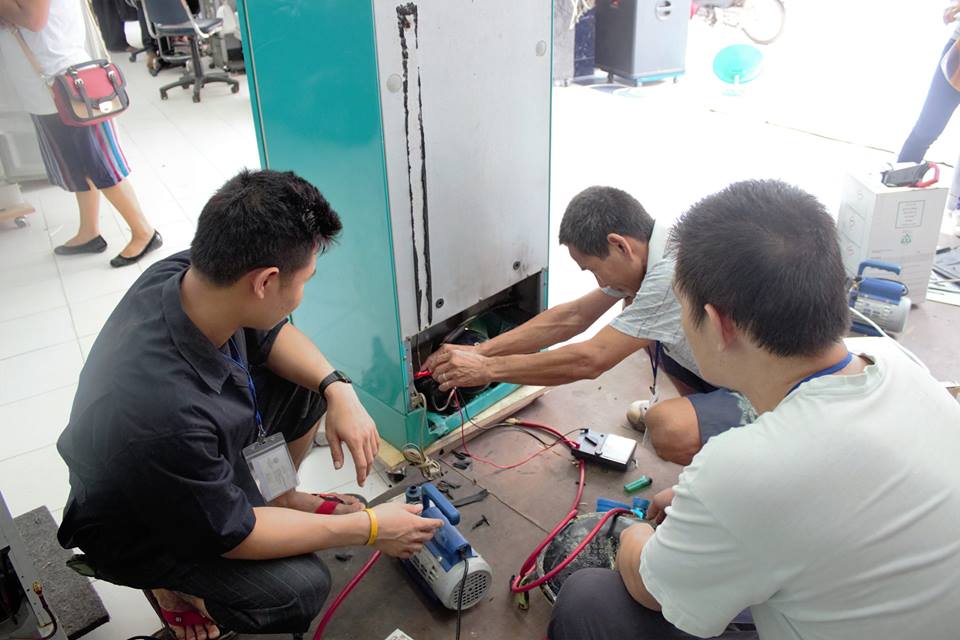
Interns examine a broken fridge.
Photograph by Brittanie McLean
The interns have been involved in in the Vocational Training project since ZOA, 2013 and 2016 respectively; and between them they have completed Motorcycle Repair, Hotel Management, Construction, Computer Skills, Cutting and Electrical Repair courses. Electrical Repair seems to be the favourite, however they enjoyed learning new skills in every course. They would like to see ADRA offer more advanced skill VT courses that build upon the current trainings, as this would expand opportunities even further; and extend the time in order to create more practice sessions to cement the knowledge and skills.
The team are thoroughly enjoying their time at shop, finding nothing they dislike and every task approached with positive attitudes. The job involves repairing washing machines, fridges and other small electrical appliances; anything that is too difficult they observe. There are so many electrical devices it would be nearly impossible to learn everything in one month (the length of the internship), and so one of the interns has chosen to focus on one or two items to get well accustomed to repairing them. After the internship they plan to study more and figure out ways to deal with the supply and demand of parts; which is difficult to acquire in the camps. Future goals include opening electrical businesses and finding permanent places to call home outside of camp. We hope these goals can be accomplished with the help of ADRAs training programs.

Interns from Mae La Refugee Camp.
Photograph by Brittanie McLean

